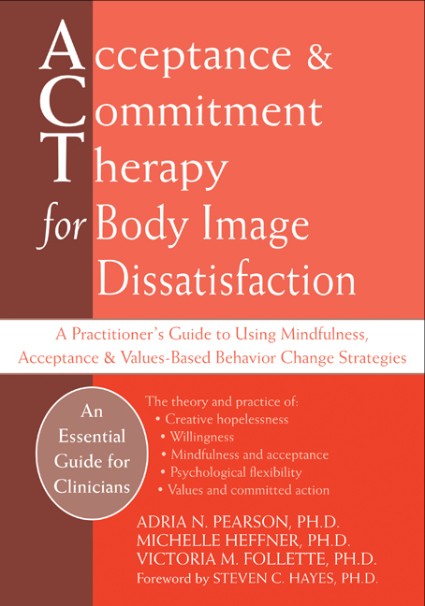By Adria Pearson, Ph.D.
Hearing traumatic material from clients is tough work and can result in what the literature has termed vicarious traumatization of therapists. That is, the therapist can be traumatized by hearing a client’s story and absorb their pain. Therapists are human, and because we care, it hurts to hear another human’s pain. This is part of why we are effective helpers. However, it is crucial to have strategies for coping with our own pain and holding a client’s pain without feeling traumatized, so we can be effective helpers.
Know yourself. That is, understand how your history impacts your work with clients. If you notice emotions emerging, notice if these are resultant from client factors, from your own history, or, perhaps, both.
Practice self care! This includes having a trusted colleague to talk with about your reactions to clients and session material. Choose someone who you can really be honest with and who you also trust to provide guidance. Remember to practice balance in your life, with respect to work and fun. Finally, give yourself permission to feel anything, even dislike of a client, and talk about these feelings with a colleague or your own therapist.
 Adria N. Pearson, Ph.D., received her doctorate in clinical psychology from the University of Nevada, Reno, and completed her internship at the VA Long Beach Healthcare System. Pearson has presented at national conferences on the topic of body image and eating disorders and has written articles in peer-reviewed journals on mindfulness, acceptance, and trauma. She is currently a post-doctoral fellow at the VA Long Beach Healthcare System and lives in the greater Los Angeles area.
Adria N. Pearson, Ph.D., received her doctorate in clinical psychology from the University of Nevada, Reno, and completed her internship at the VA Long Beach Healthcare System. Pearson has presented at national conferences on the topic of body image and eating disorders and has written articles in peer-reviewed journals on mindfulness, acceptance, and trauma. She is currently a post-doctoral fellow at the VA Long Beach Healthcare System and lives in the greater Los Angeles area.


